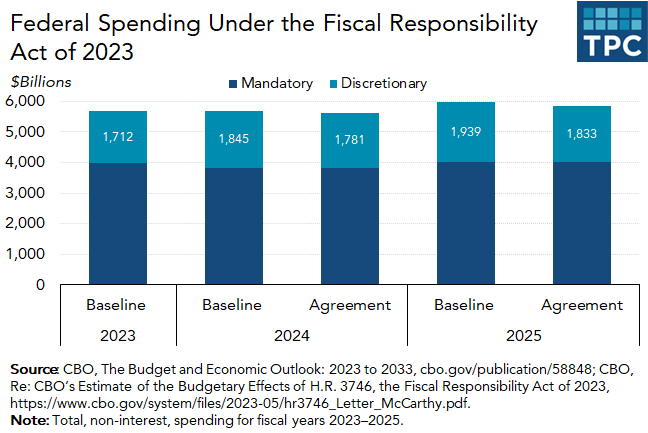Chatt Professor Gets 7 Years Alimony After 21 Year Marriage
Tennessee alimony divorce case summary after 21 years married.
Karen H. Buntin v. David W. Buntin
Chatt Adjunct Professor Gets 7 Years Alimony After 21 Year Marriage
The husband and wife in this Hamilton County, Tennessee, case were married in 2000, and the wife filed for divorce in 2020. They had two children, ages 15 and 16 at the time of the divorce filing.
The husband filed a motion for relief from the statutory injunction so that he could use marital assets to buy a home. This was allowed, with the understanding that money used for the down payment would be considered part of the final distribution.
The parties stipulated to most property and custody issues, although some property issues remained.
After trial, Judge L. Marie Williams concluded that the husband had an earning capacity that was substantially higher than the wife’s. Depending on how it was averaged, he had an annual income between $360,000 and $460,000.
The wife’s income also fluctuated, and the trial court set her income at about $1400 per month. It also found that the father had a greater earning capacity and ability to acquire assets, and that he was less thrifty than the wife. After accounting for debts, each party was awarded approximately half of the marital property.
The husband had agreed to pay private school tuition in excess of the presumptive child support award. Therefore, no additional child support was awarded.
On the issue of alimony, the trial court concluded that the wife had a need for $6000 per month, plus health insurance. The trial court noted that if the wife completed her Ph.D., then her earning capacity would increase, but would still be less than the husband’s. Therefore, it ordered transitional alimony of $6000 per month. This would last for seven years, or until two years after she completed her Ph.D., whichever came first. It also awarded the wife about $18,000 of alimony in solido for the wife’s attorney’s fees.
The husband then appealed to the Tennessee Court of Appeals, arguing a number of issues, including whether the alimony award was appropriate.
After stating the standard of review and reviewing the child support order, it turned to the question of alimony. The husband argued that the amount awarded was excessive.
He first argued that the trial court had underestimated her income as an adjunct professor at the University of Tennessee at Chattanooga. But the mother explained that some increases in her compensation had been temporary, such as when she covered the courses of a colleague who was out due to pregnancy. She also pointed to other income which would not continue. After reviewing the evidence, the appeals court agreed that the lower court had acted properly in setting it as it had.
The father pointed out that the mother had, for the past several years, received a gift from her parents in the amount of $25,000. He argued that this should have been included as part of her income. But since they were voluntary, with no proof showing that they would continue in the future, the appeals court held that the lower court had properly excluded these from the wife’s income.
The father next argued that the wife’s need was less than the trial court had ruled. In particular, he argued that some of these expenses related to the children, which would have made them appropriate for consideration in child support, but not alimony. He cited a 2018 case which he asserted supported this position. But the appeals court held that the case was distinguishable, because the other case held only that child support must be set before computing alimony.
After reviewing the evidence, the Court of Appeals agreed with the lower court that $6000 per month adequately reflected the wife’s need.
The husband also argued that the duration of the award was improper. But the appeals court held that there was no error. It examined the evidence as to the length of time the Ph.D. would take, and concluded that the seven year maximum was a reasonable length for the alimony to continue.
It also reiterated that the marriage was of a long term, the wife had served as primary caregiver for the children, and that the wife had health issues with cancer. Under the circumstances, it held that the award was reasonable.
The court also reviewed and affirmed the property distribution, and the award of attorney’s fees. It also concluded that the wife was entitled to attorney fees on appeal, and remanded the case for a calculation of the amount.
No. E2022-00017-COA-R3-CV (Tenn. Ct. App. Feb. 27, 2023).
See original opinion for exact language. Legal citations omitted.
To learn more, see Alimony Law in Tennessee, and our video, How is alimony decided in Tennessee?






